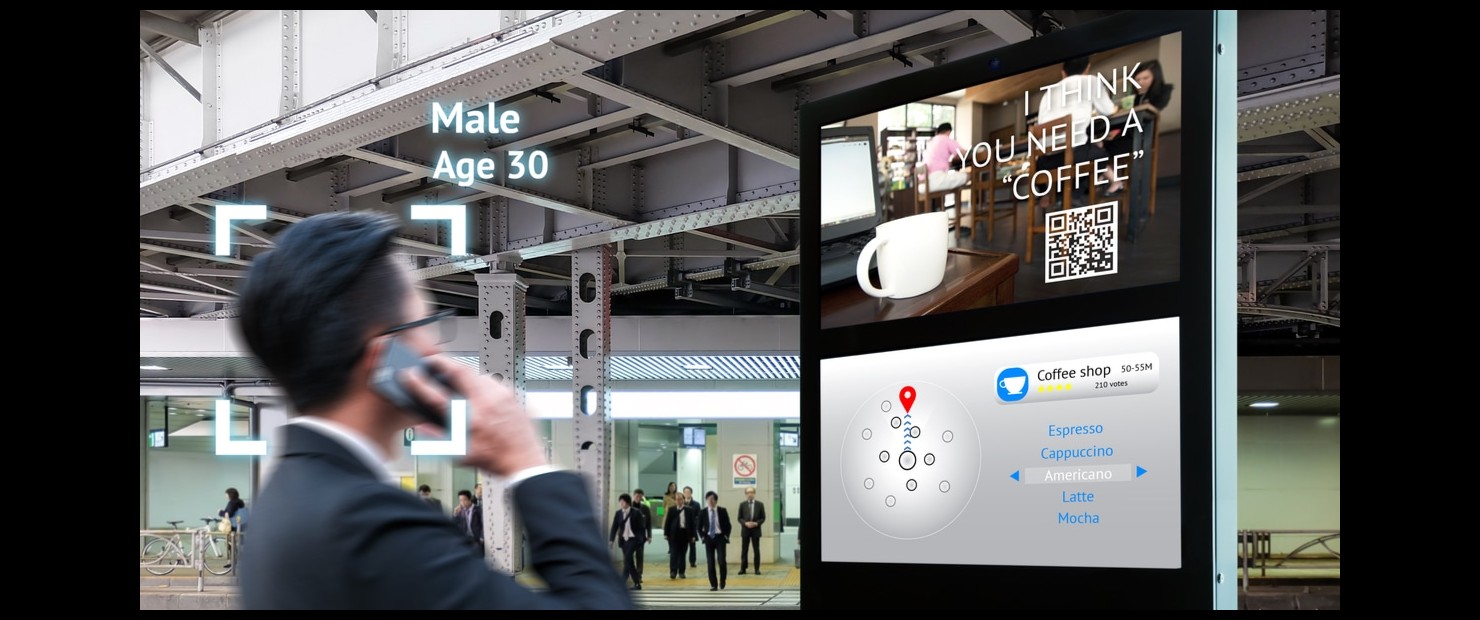
Understand the importance of AI and its role in digital marketing
In the modern world, AI is increasingly everywhere in the business environment. In ecommerce and digital marketing, it’s likely that you are already using AI to support your marketing activities, whether you are aware of it or not. In most cases, AI can pose a great benefit to your business as it reduces the administrative burden, enabling improved efficiency and helping towards creating more effective campaigns.
We believe that businesses could be getting more out of their use of AI to further improve their business services. In this blog, we explain how businesses’ can use intelligent proliferation to their advantage, helping them to stand out from the crowd.
To really reap the rewards of AI and place your business leaps and bounds ahead of your competitors, it’s time to start taking a more proactive approach.
Nowadays, almost every business that has online activity can benefit from AI. Whether it’s how they appear in search engines or their reach on social media, AI is practically everywhere.
Generally, it works in the background and requires little input from the business, while offering some valuable internal benefits, including greater efficiency, fewer administrative tasks and more successful campaigns and services. With AI being increasingly integrated into most digital tools in a wide range of businesses, it can be slightly more difficult to use this as a distinct way to stand out from the competition. However, that is not to say that it cannot be done.
While this may sound counterintuitive since AI is supposed to relieve some of the effort and input from your business, it’s important to remember that no matter how much technology advances, we are all still human. For brands to be able to create successful engagement and interactions, they must provide some element of emotional connection with their audience.
Ultimately, to be more proactive with AI, businesses’ need to find the perfect balance between artificial and emotional intelligence when integrating these systems into their business processes. For example, they must ensure that activities and decisions are supported by both technologies to make life easier, and human judgement, for output to be received well by customers. This has never been more important than in the current market.
A perfect example of using AI more proactively is in the customer service field. For example, ecommerce businesses’ can use AI to help customers with their online shopping experience by providing product recommendations. The AI bot begins by asking the user what it is they are shopping for, then asks further questions to gain more clarity. Once the AI-powered bot has understood the user’s needs, it can begin compiling product recommendations based on the answers provided. Once the user has been presented with their recommendations, they can place their online order in seconds.
Online business is thriving. The number of digitally transformed companies, online sales, ecommerce channels and engagement platforms are increasing and as a result of this, both businesses and consumers are adapting.
The pandemic has had a huge part to play in this, encouraging businesses and individuals to make the shift to a more digital-centric life. However, as physical retail and face-to-face businesses’ open back up once the restrictions have lifted, the multichannel model will no doubt become the new normal. There are challenges that are associated with creating cohesive and high-quality customer experiences, such as increasing workloads for management.
AI integration can act as an effective solution for this. For example, commerce solutions provide retailers with a single, centralised platform on which they can combine activity across all sales and logistics channels, both digital and offline.
Data from all areas of the business, including the supply chain, sales channels and end–user experience is then available in one place. This rich data is often much more valuable due to its quality and quantity, and by leveraging AI’s ability to analyse such data, you can turn it into invaluable business insight. When translated into digestible reports, such as trends and benchmarks, you can really optimise both your business’ potential and your customers’ experiences.
By taking a lot of guesswork out of the equation, the output can be just as high quality as the input, providing an informed basis to justify decisions.
Remember, your business is yours for a reason. Therefore, it is likely that you have knowledge, expertise, and experience within your chosen industry, and these are things that AI can’t replace.
To put it more simply – if you don’t ensure that your businesses’ core data is maintained in a timely and accurate manner, such as product attributes and tracking information, then you cannot expect AI to be able to make sense of this.
When making business decisions, data–driven trends and patterns are always important, however, consumers cannot be simplified to a mere statistic. Rather, their emotions and intrinsic behaviours are better understood by humans rather than AI technology.
Therefore, business owners and their employees play a vital role in interpreting such data and trends, applying their human sense and experiences to fully comprehend what their customers want and why. From here, they can use this information to make better business decisions.
Ultimately, it comes down to perfecting the balance between the benefits associated with AI and our own emotional judgements. By utilising this harmonious relationship, businesses’ can create a more personal and positive brand experience, thus encouraging more engagement from their audience.
Over recent months, this might have involved digital marketing campaigns that are particularly sensitive to the current global situation yet were delivered at a time and place that the data has shown that your customers will receive it.
On the other hand, perhaps a chatbot service utilised AI technology to collect basic information from a user, then passed that information onto a real customer service representative that could provide a more personable experience to resolve the issue with a more sensitive approach.
While a business may benefit from greater efficiency, therefore not wasting as many human resources in the initial stages of the interaction, the customer will still receive a more personable service that they often need and prefer.
However, it’s important to note that AI is advancing at an incredible rate, meaning it might not be long before the technology begins to understand more complex human behaviours through verbal or written cues, for example. If this is the case, it will be time to readjust our practices once again to adapt to the change. Until then, human judgement remains pivotal, even in an increasingly digital world.
For more help and information regarding AI and other digital marketing services, please feel free to contact a member of the team today. With our extensive knowledge of the digital environment, we can work with your business to deliver effective marketing solutions that encompass the latest digital trends.







© 2024 Diginius Ltd. All rights reserved.

Chester Yang is the Microsoft Program Manager at Diginius with a background in economics and quantitative research.
At Diginius, Chester focuses on nurturing partnerships with PPC agencies and integrating marketing and sales solutions.